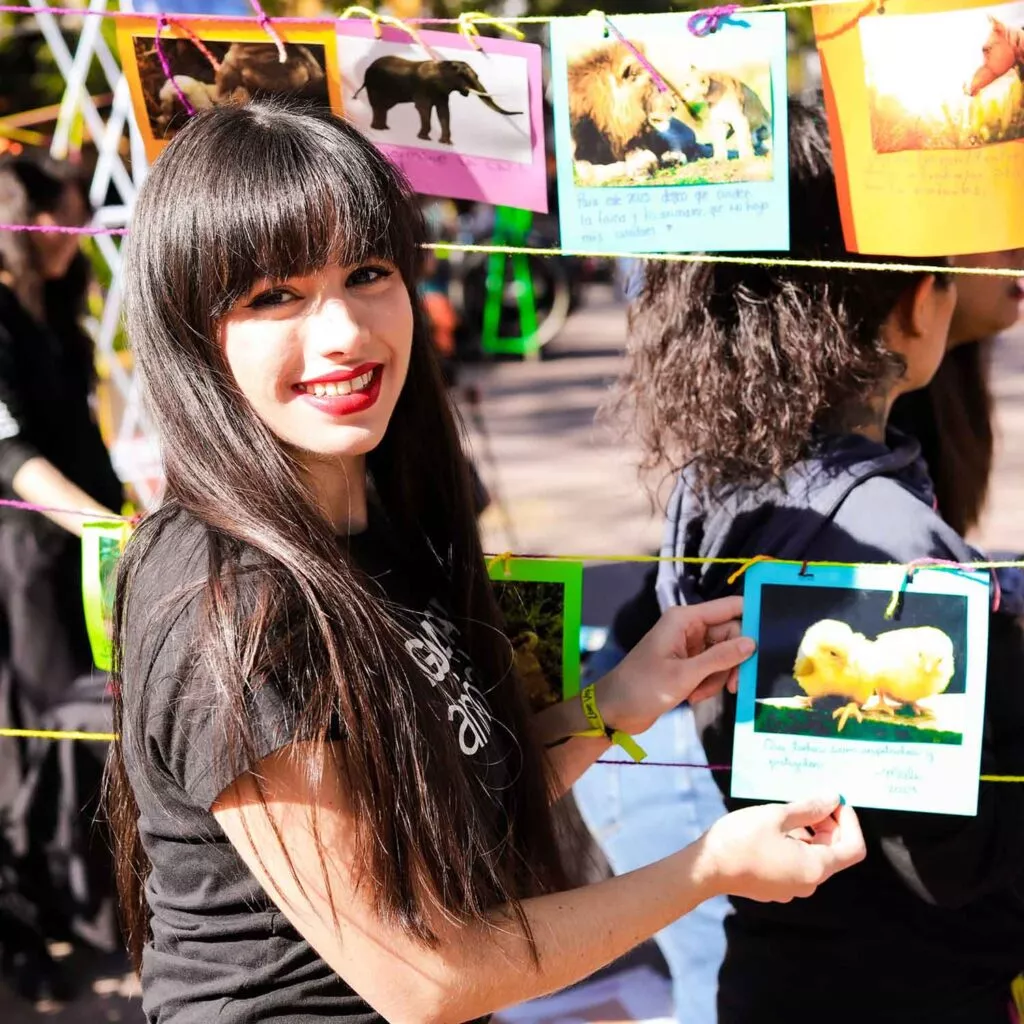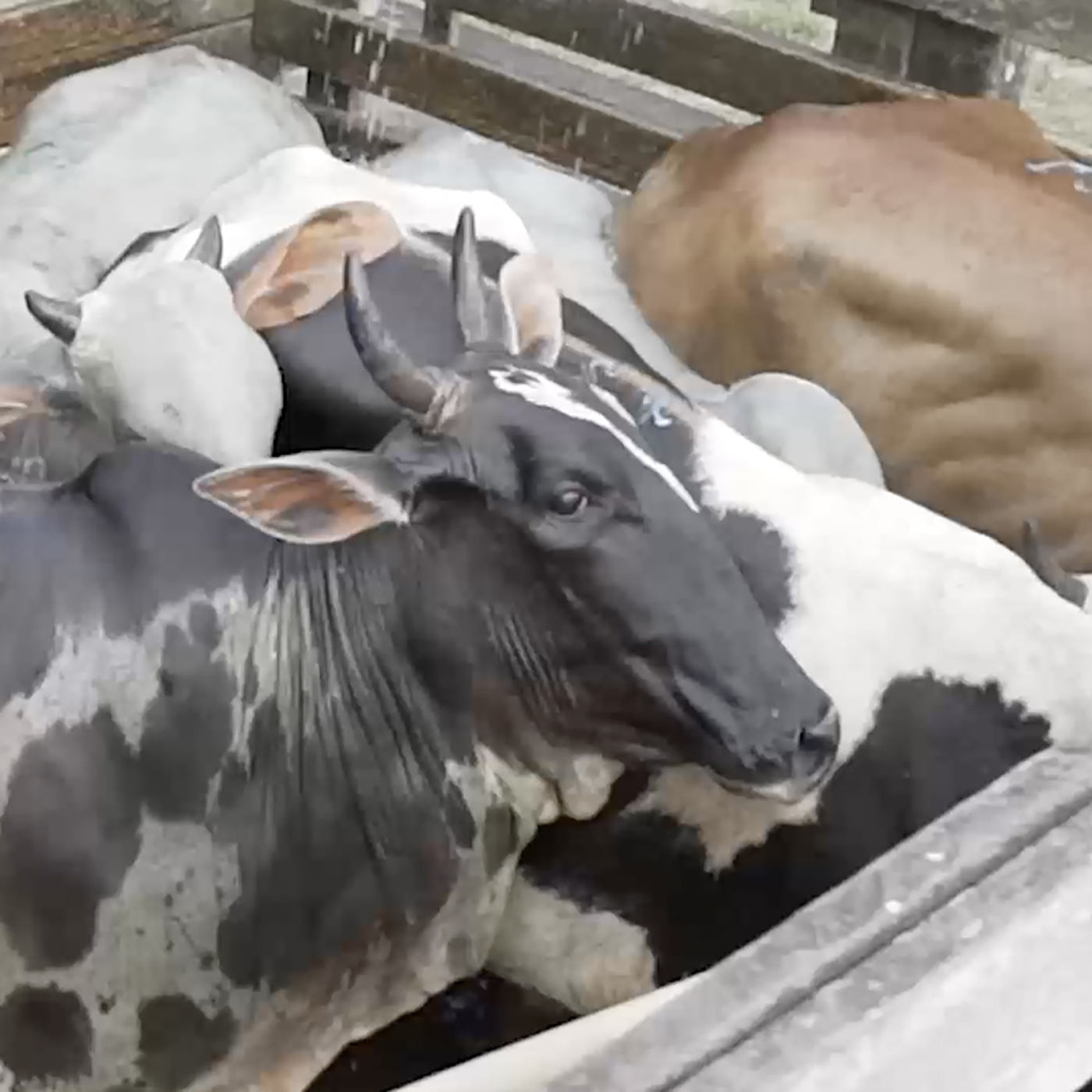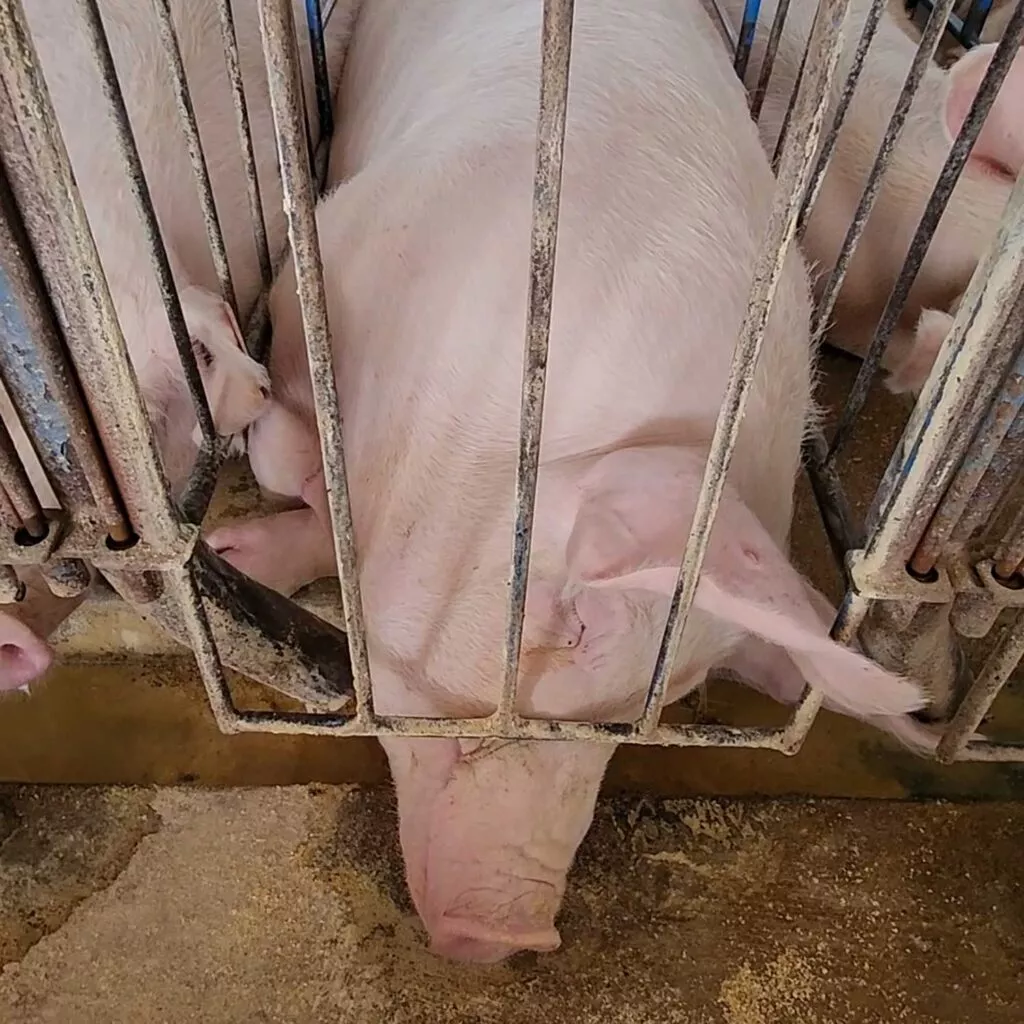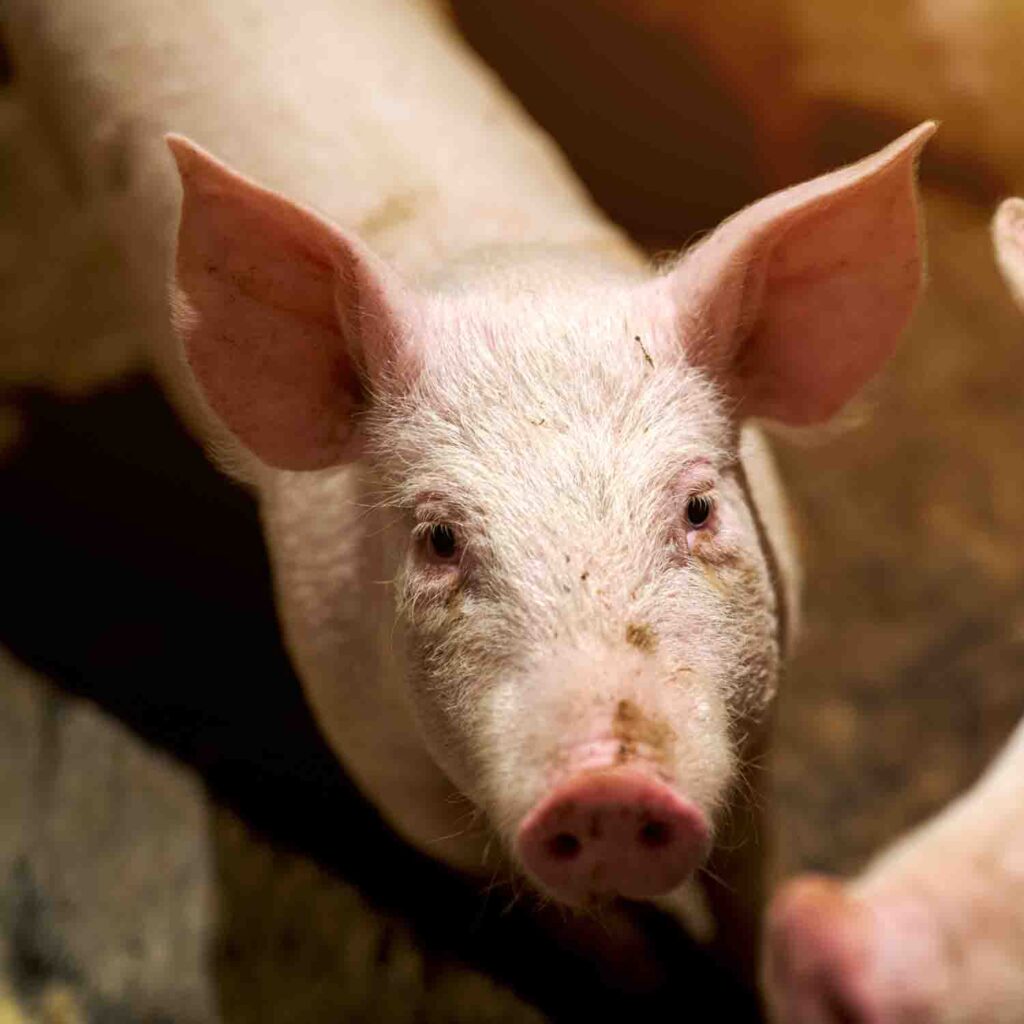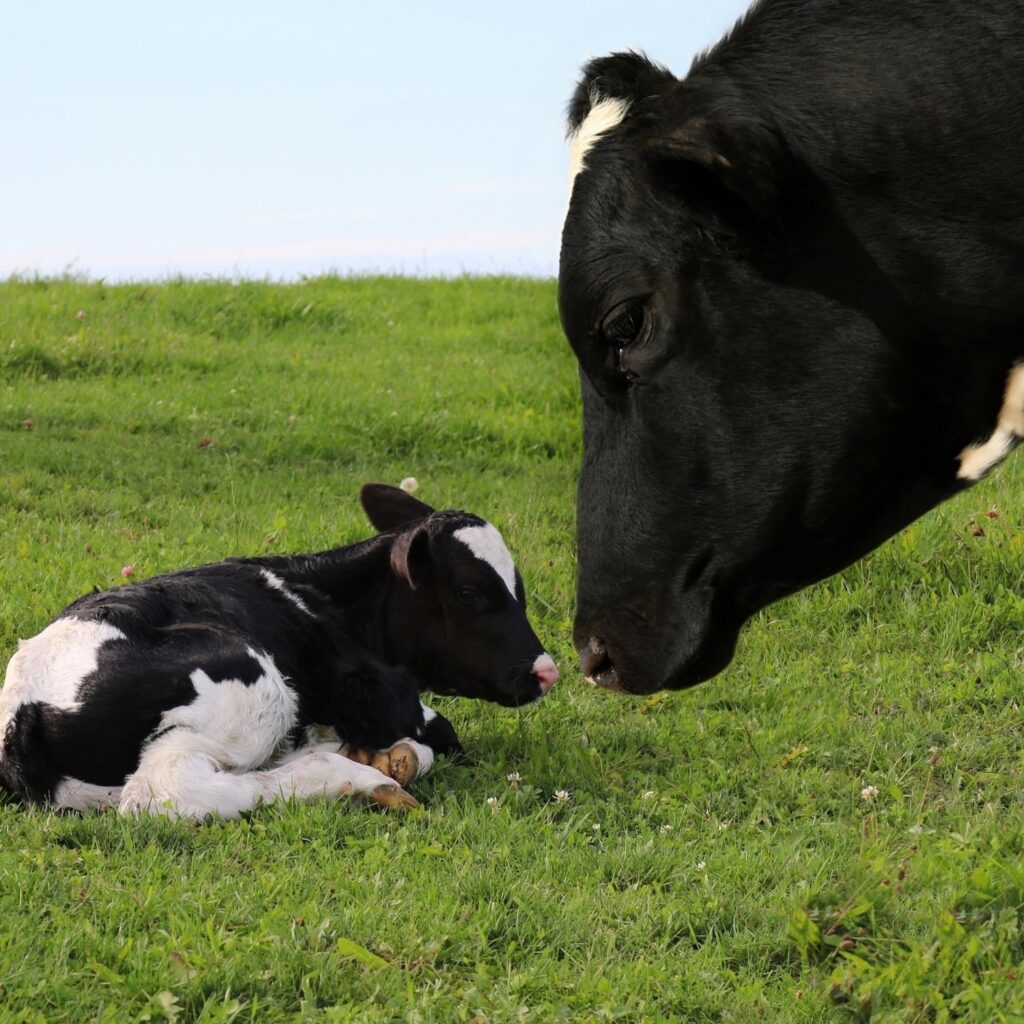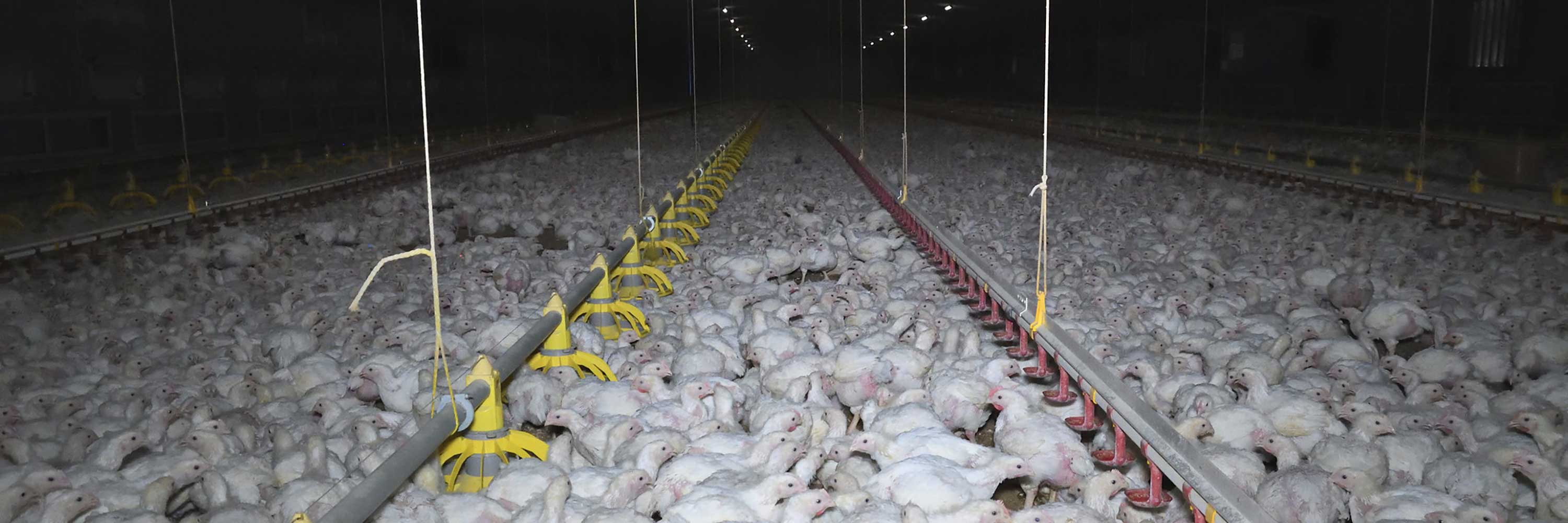
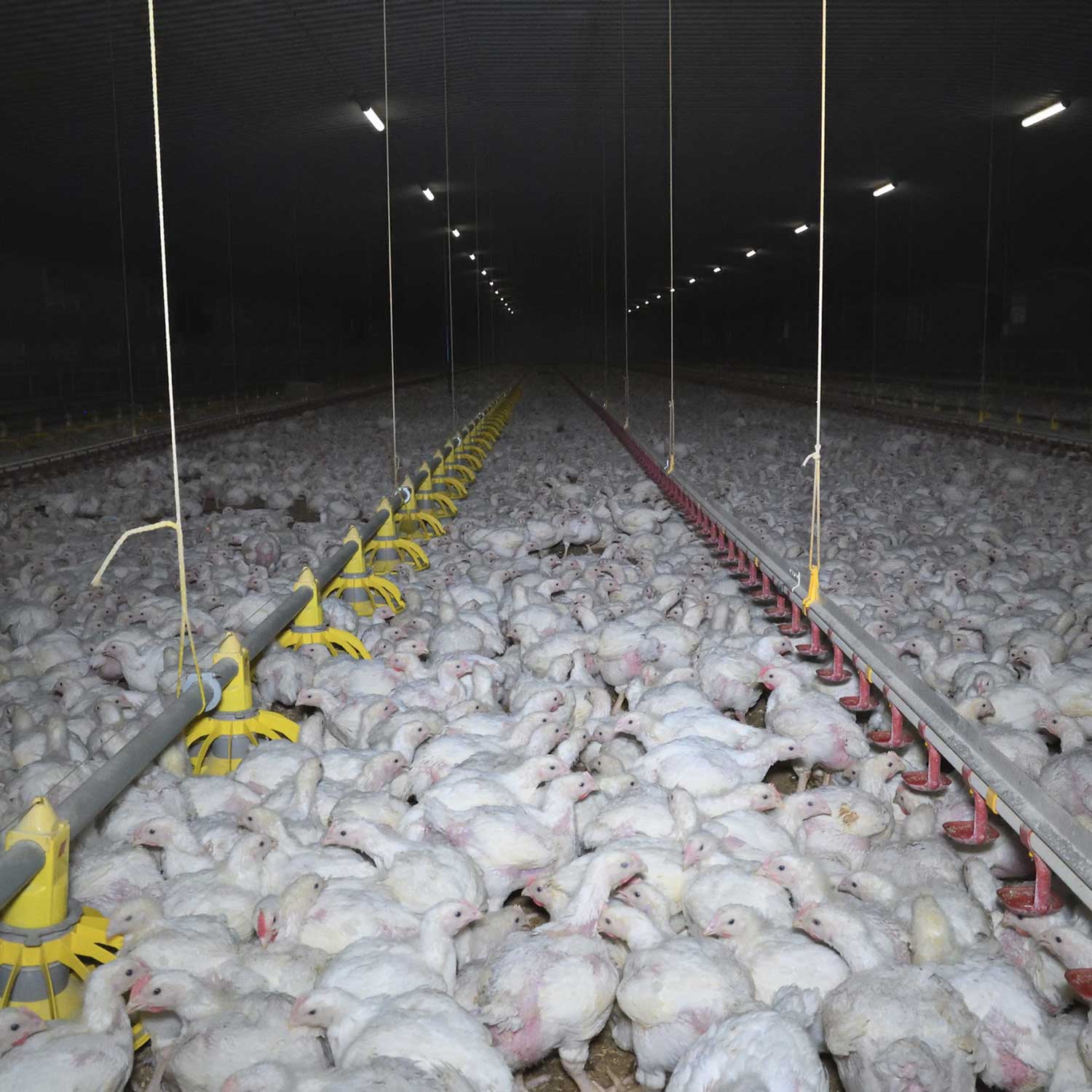
Factory Farm Fires: The Deadly Cost of Poor Regulations
There is an urgent need for greater attention to be paid to farmed animals in the United States and for action to be taken to prevent fires. As of April 2023, the Animal Welfare Institute reported that nearly 144,670 animals in the US have died in fires, underscoring the critical necessity for improved fire safety measures on farms.
These fires not only affect cows but also have a ripple effect on other animals confined under one roof, making it difficult to escape when a fire breaks out. Sheep, goats, pigs, chickens, ducks, and turkeys are all at risk of injury or death from fires on farms.
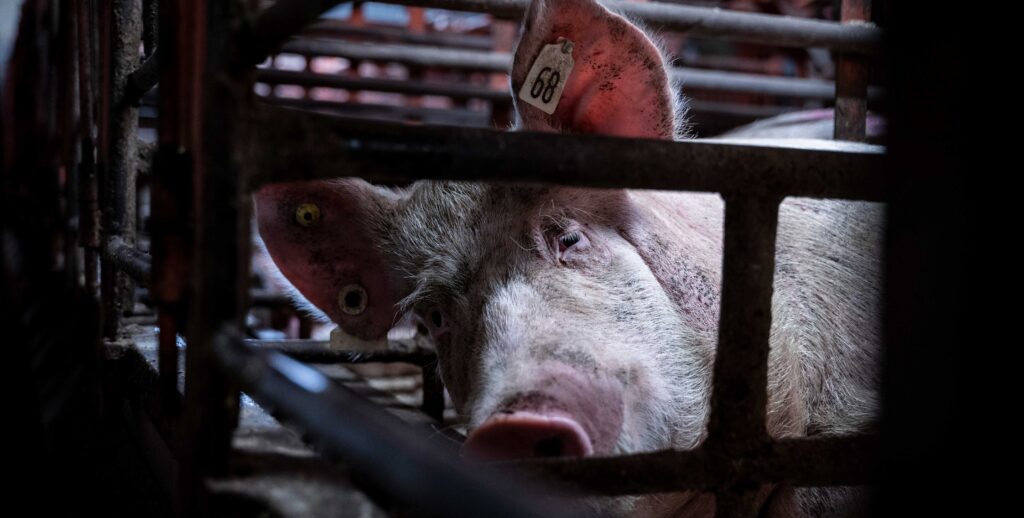
A report released by the Animal Welfare Institute in January 2022 revealed that nearly 3 million animals died in barn fires between 2018 and 2021, with nearly 98% of those deaths being chickens. The six largest fires during this period killed 1.76 million chickens. The death toll is rapidly growing:
- In 2023, a fire at the South Fork Dairy Farm in Dimmit, Texas killed an estimated 18,000 cows, the largest mass death of cows in a single fire across the US in at least two decades.
- In 2023, a fire at Hillandale Farms in Bozrah, Connecticut, one of the top five egg producers in the US killed an estimated 100,000 hens used for eggs.
- In 2022, a fire at Forsman Farms in Howard Lake, Minnesota, killed an estimated 200,000 chickens.
- In 2020, a fire at a Michael Foods plant in Bloomfield, Nebraska, killed an estimated 400,000 chickens.
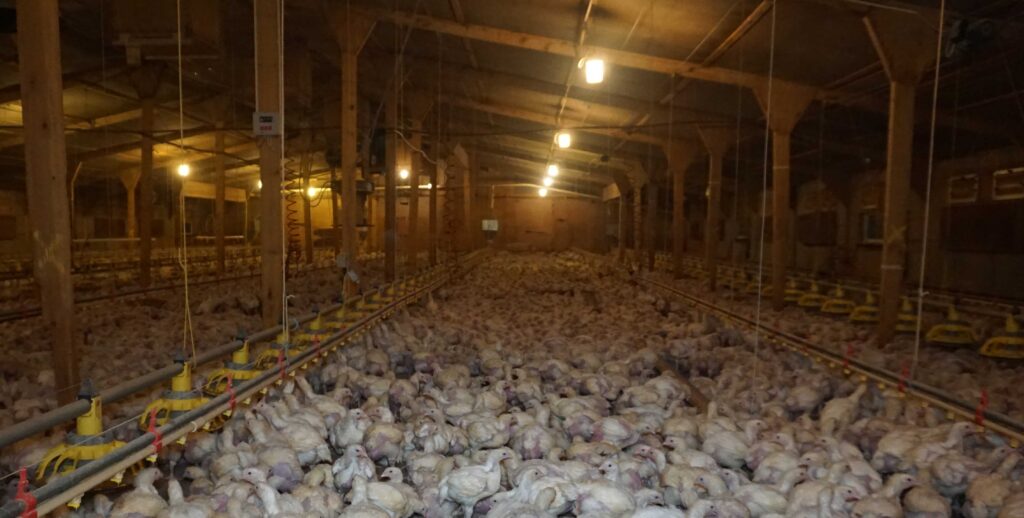
The Need for Improved Safety Regulations
There is no federal law that requires farm owners to provide any kind of emergency plan for their animals in case of a fire. The lack of safety requirements for farmed animals, coupled with the cramped and overcrowded conditions, make these accidents particularly devastating.
Many barn fires have been caused by malfunctioning heating or electrical systems with little access to fire alarms or sprinklers. Flammable materials such as hay or sewage also pose a substantial hazard to these animals. Sewage, in particular, emits a significant amount of methane and hydrogen sulfide, both highly explosive.
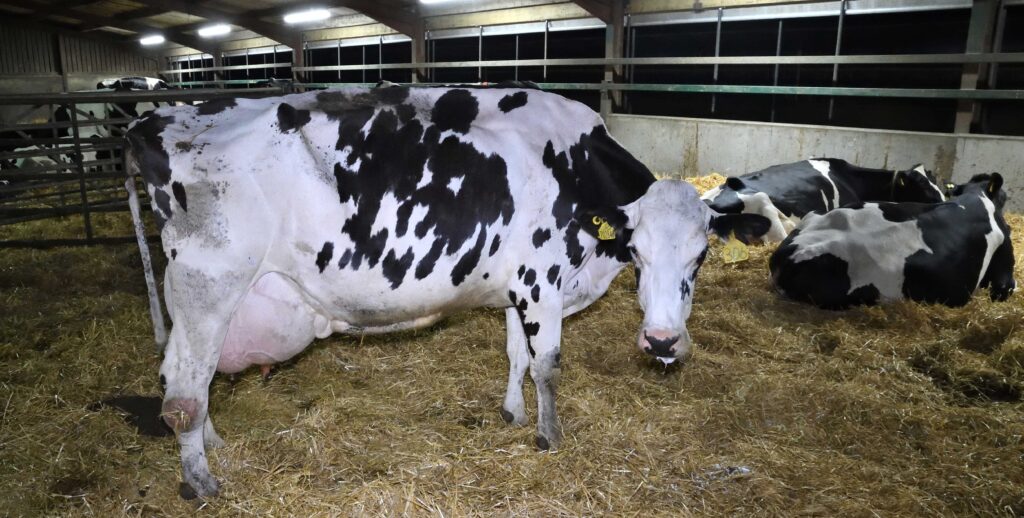
While fires are not completely avoidable, state agencies can reduce the risk by adopting the Fire and Life Safety in Animal Housing Facilities Code, published by the National Fire Protection Association in 2022.
The code requires annual fire hazard inspections, contacting emergency services when alarms go off, fire drills, employee training, and minimum spacing between buildings. However, only a few states have adopted the code for farms, leaving many animals at risk of deadly fires.
The actual number of animals that die in fires is probably much higher than what is publicly recorded as reporting requirements vary across states. Media coverage tends to highlight financial losses, rather than the suffering of the animals.
How You Can Help Animals
Let the industry know you stand behind animals and are against this abuse! Join our End Factory Farming campaign by signing our petition today.
You can end this cruelty! Please sign our petition calling for ending factory farming in the United States.
Consider replacing meat, dairy, eggs, or other animal products with plant-based ones. Join our Love Veg movement and invite your friends too!
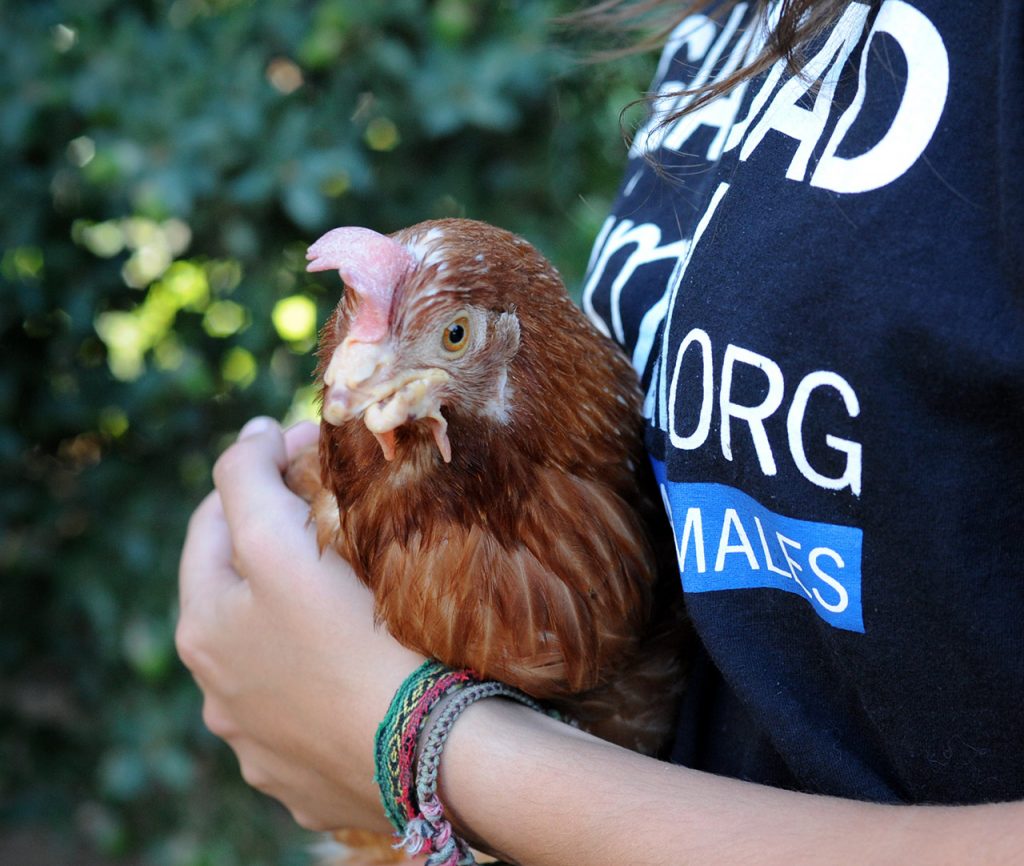
LIVE KINDLY
With rich emotional lives and unbreakable family bonds, farmed animals deserve to be protected.
You can build a kinder world by replacing animal food products with plant‑based ones.
Recommended
